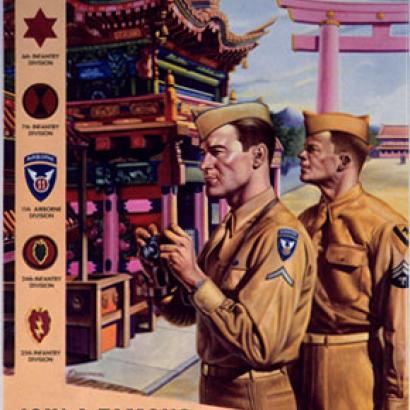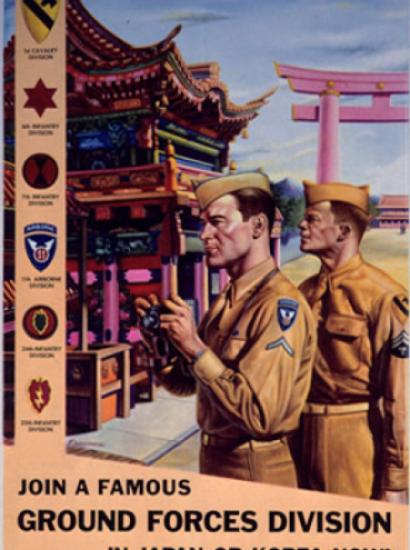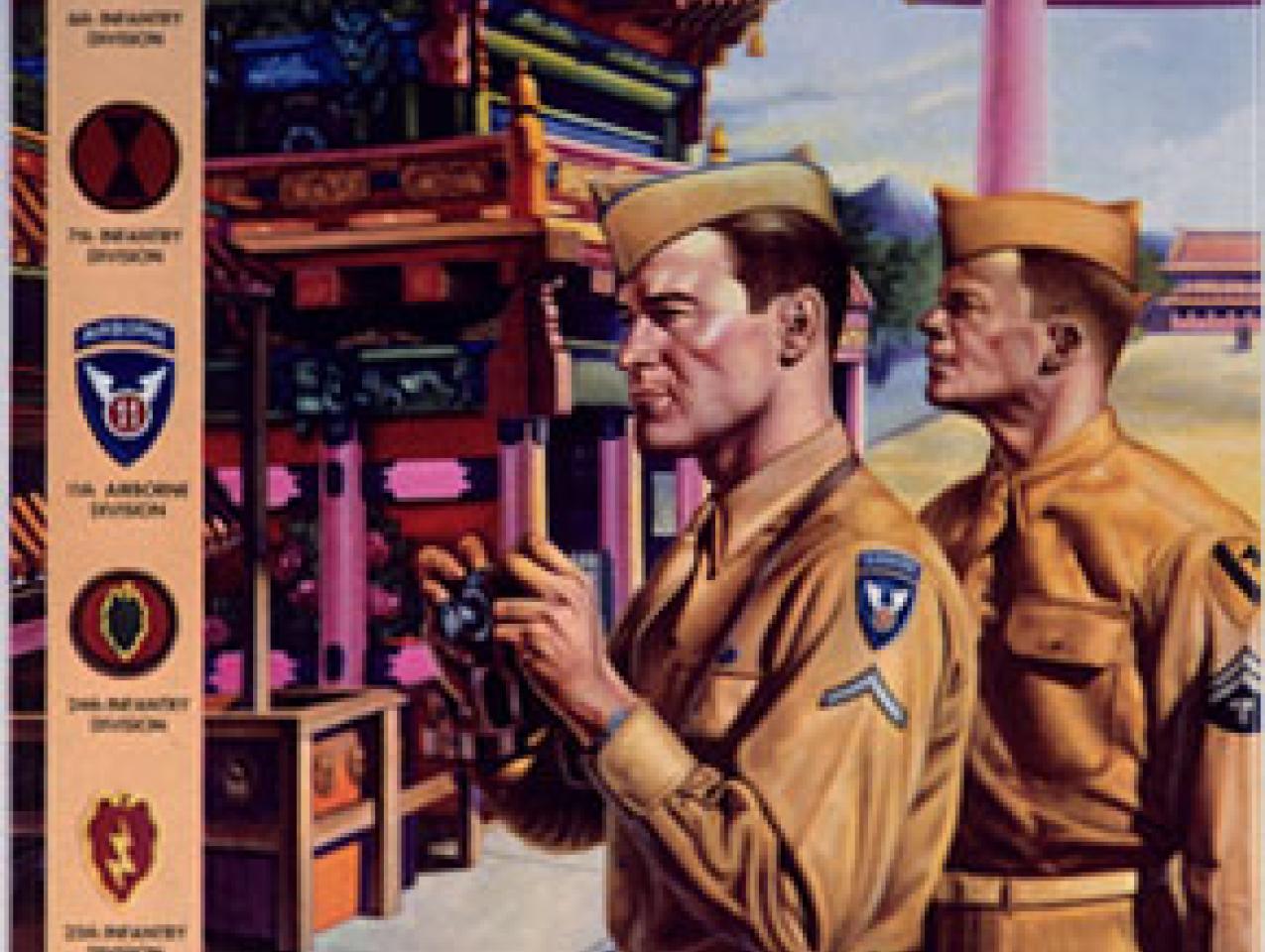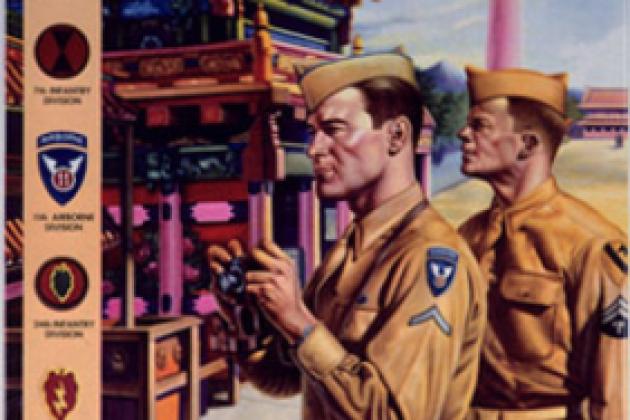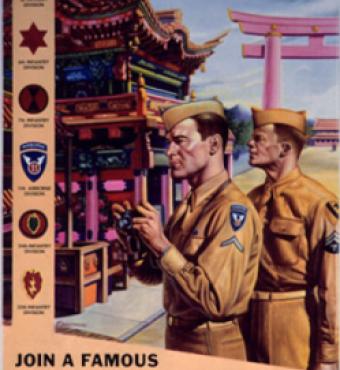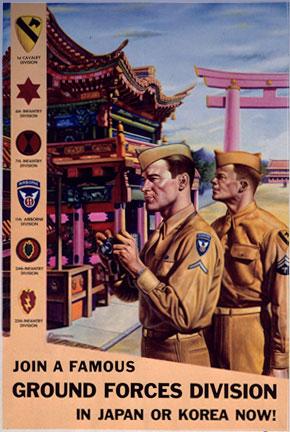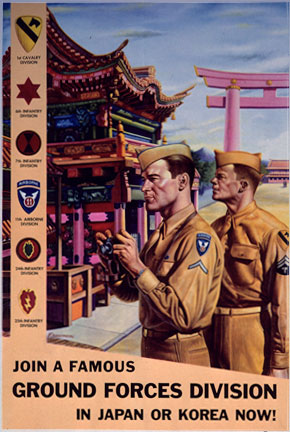
In a recent interview with the Japanese newspaper Asahi Shimbun, Colin Powell succinctly summarized the attitude of recent U.S. administrations toward North Korea’s nuclear program. “We think you’re wasting your time, you’re wasting your money and...ruining your country...just to have a few nuclear weapons. What’s wrong with you?”
To western diplomats, particularly those trained in the arts of “nuclear non-proliferation,” Pyongyang’s behavior is indeed impenetrable. The Kim regime, now in its third manifestation, is not acting as theory demands, neither in regard to sticks–in the form of sanctions–nor carrots–in the form of aid and opportunities for economic development. As far back as 2000, in the midst of one of the first of many North Korean nuclear “crises,” the Economist famously put the pompadour-sporting Kim Jong-il on its cover under the headline, “Greetings, earthlings.” What is wrong with these guys?
Greetings, Americans: Understanding North Korea
The world probably looks very different inside the North Koreans’ bunker. They fear two things: their own people, and the modern world as created and sustained by the United States in the post-World War II era. To be sure, Kim Jong-un, like his father and grandfather, worries most about his fellow “Norks,” both the people as a whole and anyone who might plot a palace coup. But the outside world is menacing and close, just across the 38th Parallel, where the United States boasts a powerful and prosperous puppet in South Korea.
A small nuclear arsenal isn’t a very useful tool for suppressing hoi polloi, but it does make the United States, South Korea, and Japan quake in their boots, and even wins a little respect from China. And, in the parts of the world we used to regard as the Axis of Evil, being a key part of the nuclear proliferation network earns not only respect, but hard currency, energy supplies, and technological advances. In other words, as Powell also said, though it would be “suicidal” to use one of its nuclear weapons, nukes make a cheap, effective, and vital deterrent. Two decades ago, it was fashionable in American strategic circles to see Pyongyang at the edge of an abyss, North Korea as a country on the verge of implosion. But even though times have gotten even harder–including a famine that may have killed as much as 10 percent of the population–the Kims carry on.
Western assessments also often consider the North Korean nukes as strategically redundant. Isn’t Pyongyang’s conventional power–a million-man army and tens of thousands of tube and rocket artillery pieces within range of Seoul–sufficient to keep the RoKs and Uncle Sam from meddling too much? By now, we ought to accept that the North Koreans assess things rather differently.
Pyongyang also has learned from the examples of Saddam Hussein in Iraq and the Taliban in Afghanistan that conventional power and physical distance are not enough. The United States has been prone to “regime change” when it pleases–or gets angry–and despite what other great powers may have thought. Like a child picking the wings off a fly, the Americans toyed with Saddam from 1991 to 2003 before making up their minds to get rid of him. The Taliban was driven out of Kabul and Kandahar within two months of the September 11, 2001 attacks. Absent a nuclear capability, you can never tell what the United States might do.
On the other hand, with a nuclear capability–and by now the North Koreans have parlayed a very slowly progressing and limited program into 20 years of melodrama, brinksmanship, and international diplomatic process–you can think about controlling your own destiny. Life begins with survival, and the Kim dynasty has proven itself to be a durable thing, certainly outperforming the other brands of post-World War II dictatorship.
The Kims are also an example to others, most notably Iran, with whom the North Koreans regularly and globally cooperate. The Iranians are establishing a Tehran Corollary to the Pyongyang Doctrine, and have nearly proven that the determination to acquire a small nuclear arsenal is almost as good as actually having one. They aren’t intimidated even by “crippling” sanctions, they’ve learned how to bamboozle and defy international nuclear inspectors, and they also understand the importance of ballistic missiles as nuclear delivery vehicles. With the United States retreating from the region as fast as it can, the Iranians are reaping the strategic rewards without ever having to cross the nuclear threshold.
This is also undermining the Obama Administration’s attempts to establish a non-proliferation rationale for preventing Iran from acquiring a bomb. It’s argued that, when the president rejects traditional balance-of-power arguments in favor of a preemptive strike on Iranian nuclear facilities, his no-nukes beliefs will prod him into action. The jury’s out on that case, but the facts in evidence thus far suggest that Obama’s America is actually easier to deter than it predecessors. The value of a low-cost, small nuclear capability seems to be rising.
The North Korean Kim family may be a little bit crazy, but they’re not buffoons. They’re not irrational, just–as the therapeutic community might put it–“differently rational.” The investments they’ve made in a crude nuclear capability have repaid huge dividends.







